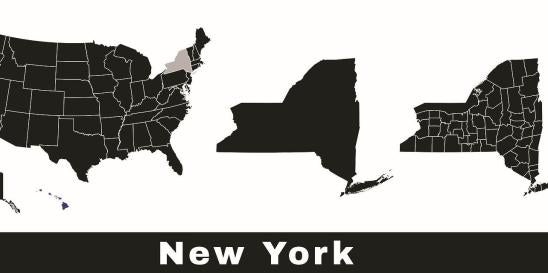2023 started off with a bang, and it is certainly not ending with a whimper. On January 4, 2023, the Federal Trade Commission (FTC) announced the settlement of two enforcement actions against employers arising out of their use and enforcement of noncompetes. The very next day, the FTC proposed a rule that would ban noncompetes nationwide if enacted (which we do not believe will ever happen), with only a very narrow exception for noncompetes entered into in connection with the sale of a business.
The year only continued to get more turbulent in this area of law, with Minnesota banning noncompetes statewide, California expanding its noncompete prohibition and attempting to broaden the reach of its laws, the National Labor Relations Board (NLRB) getting in on the fun, and the New York legislature passing a law that would ban noncompetes in that state as well, with no exceptions even for noncompetes entered into in connection with the sale of a business.
Well, there is finally some good news for employers and dealmakers as we wrap up the year. As we previously reported, after fierce (albeit somewhat belated in our view) opposition from the New York business community, Governor Kathy Hochul indicated that she would not sign an outright noncompete ban, but instead preferred more “balance” with a compensation threshold and a carveout for noncompetes entered into in connection with the sale of a business. Unable to reach a deal with the legislature, Governor Hochul has now vetoed the bill.
This is not to say that compromise noncompete legislation will not be enacted in New York—indeed, we expect it will be. But given Governor Hochul’s statements, we expect that any bill she signs will permit noncompetes for employees making over a certain income threshold (we understand that her preference is for a minimum salary in the range of $200,000 to $250,000) and those entered into in connection with the sale of a business. This latter issue is what we have heard is the most important for many New York companies, and was their biggest concern about the vetoed legislation, as noncompetes are often a critical deal term for acquirors of businesses, in particular of those that are human capital-intensive. California includes an express exception to its broad noncompete ban for this and, as noted above, the FTC even included a narrow exception for sellers who own 25% of a company’s equity (which is not much of an exception at all for most established companies).
We also expect that any compromise legislation would reiterate that any permissible noncompetes must nevertheless satisfy all current common law requirements and conditions, i.e., they must be reasonable in time, geography, and scope; they cannot impose an undue hardship on the employee; they must not harm the public; they must be necessary to protect the employer’s legitimate business interests; and any restrictions are no greater than necessary to protect the legitimate business interests of the employer.
Finally, as many states have done, the compromise legislation may purport to prohibit any out-of-state choice-of-law or venue provisions for any New York employees and/or residents. Several states have begun including such language in their noncompete laws over the past few years, but there is no requirement that other states bend to the will of those states’ legislatures, and indeed some states have already declined to do so.





 i
i


